|
|
|
|
The conflict in Ethiopia’s Tigray region is now in its seventh month, with reports suggesting that conditions for people living there continue to deteriorate. The head of Ethiopia’s Orthodox Church, Abune Mathias, said recently that “genocide is being committed” in the region, a view echoed by rights groups and media agencies. As Firew Tiba explains, establishing whether genocide is taking place is complicated. No government will
announce its genocidal intentions to the world, which means that only a credible and independent investigation can get to the bottom of the allegations.
Three years ago the University of Pretoria became the first in sub-Saharan Africa to create an academic unit that had the wherewithal to prove the authenticity of paintings. Little did they know at the time that the unit would use its high tech methods to study the institution’s one and only prized Rembrandt van Rijn portrait. The provenance of the painting by the famed Dutch master was first questioned in 2015. As Gerard de Kamper and Isabelle McGinn discuss, the new unit wanted a definitive answer. They found one: the painting is fake because it has chemicals in it that weren’t around until 200 years after Rembrandt’s death.
Over the next few weeks we’re asking readers to make a donation to The Conversation Africa. We are a not-for-profit newsroom supported by donors. But we’re constantly looking for ways to expand our funding base in our quest for sustainability. Support journalism that you can trust.
|
Moina Spooner
Commissioning Editor: East and Francophone Africa
|

|
|
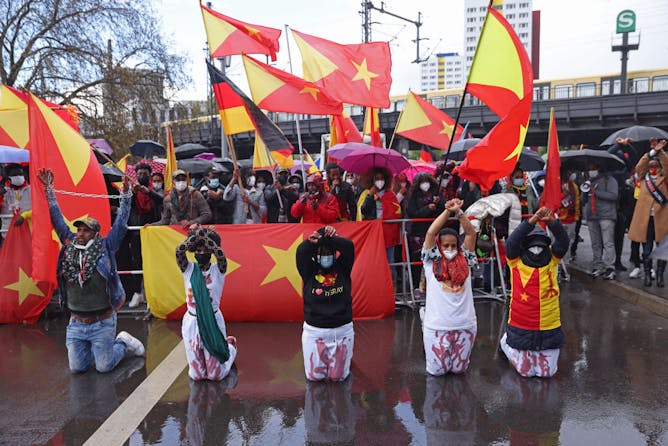
Protesters chant “Stop the genocide in Tigray!” during a demonstration against Ethiopia’s war against Tigray regional forces on May 07, 2021 in Berlin, Germany.
Photo by Sean Gallup/Getty Images
Firew Tiba, Deakin University
Establishing whether a genocide is happening in Ethiopia requires an independent and objective investigation – which probably won't happen.
|
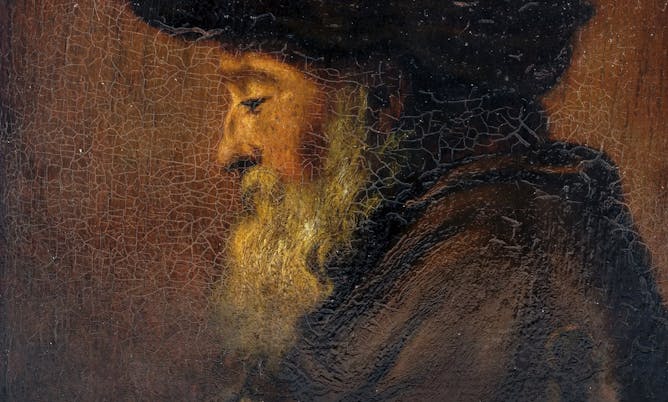
Detail of the painting that was donated to the university in 1971.
Courtesy University of Pretoria Museums
Gerard de Kamper, University of Pretoria; Isabelle McGinn, University of Pretoria
For decades the donated painting was proudly displayed as an original. But then the university began an academic unit that tests the authenticity of artworks and objects...
|
Business + Economy
|
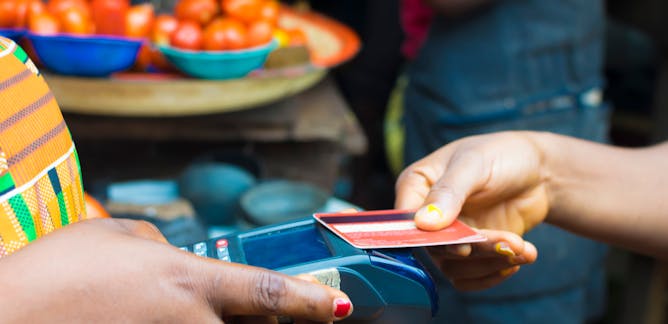
Emmanuel Mogaji, University of Greenwich
Banks can deploy artificial intelligence to create an understanding of current and prospective consumers and develop products that meet their needs.
| |
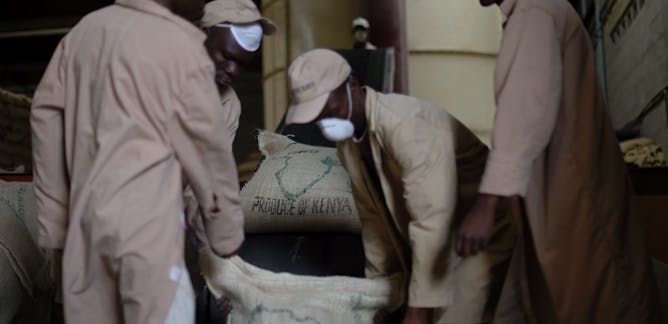
Charlene Musiza, University of Cape Town
Small and medium-sized businesses play an important role in economic growth and development but are hamstrung by their lack of adequate resources to market their goods and services.
|
|
|
Health + Medicine
|
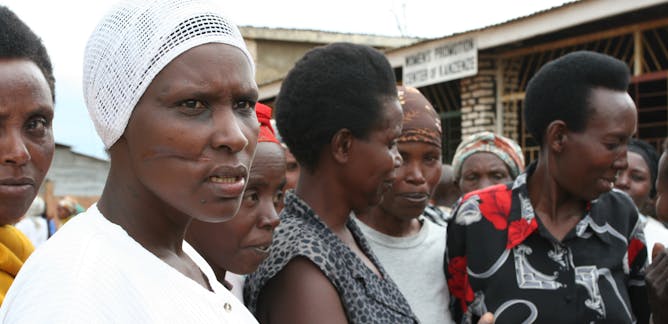
Donald E Miller, USC Dornsife College of Letters, Arts and Sciences
A scholar of the Rwandan genocide argues that while a genocide and a pandemic are very different, the experiences of Rwanda's survivors may provide lessons on how to heal from pandemic trauma.
| |
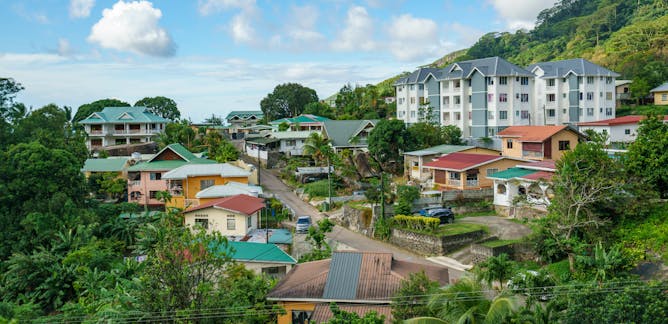
C Raina MacIntyre, UNSW
What does the Seychelles experience tell us about variants, vaccine efficacy and herd immunity?
|
|
|
From our international editions
|
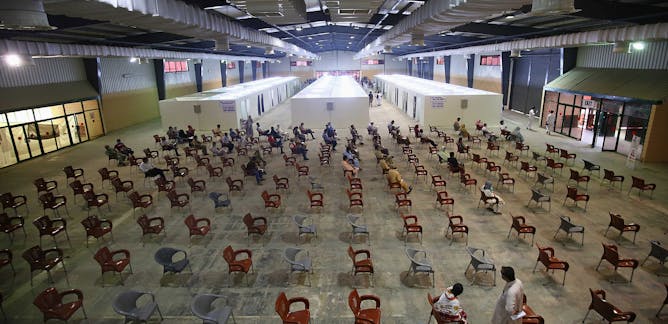
Colin McInnes, Aberystwyth University
If there ever was a global health system, then it has gone sadly missing when we needed it most.
| |
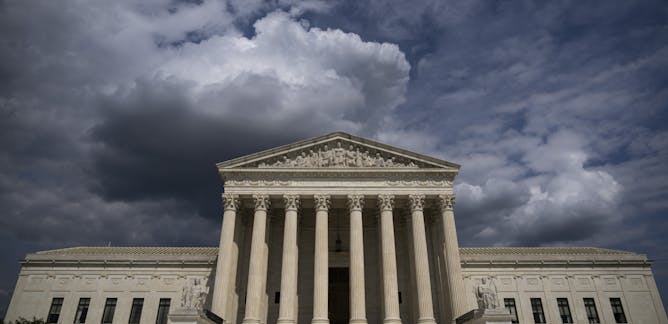
Constance Shehan, University of Florida
Over the past 48 years, women in the US have married later, attained higher education and joined the workforce in record numbers. Could a conservative Supreme Court turn it all back?
|
|
|
En Français
|
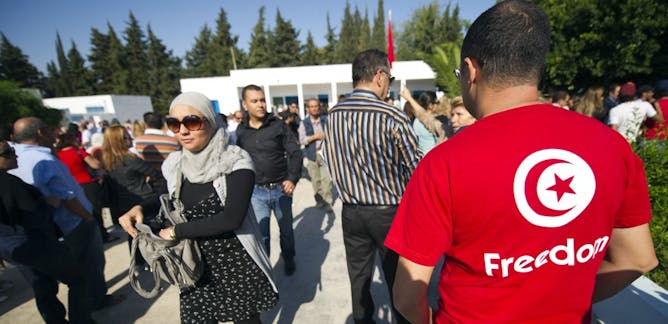
Mohamed-Ali Adraoui, Fondation Maison des Sciences de l'Homme (FMSH)
Les printemps arabes ont commencé en 2011. En dix ans, ce phénomène complexe a suscité un profond bouleversement du rapport au pouvoir des populations des pays concernés.
| |
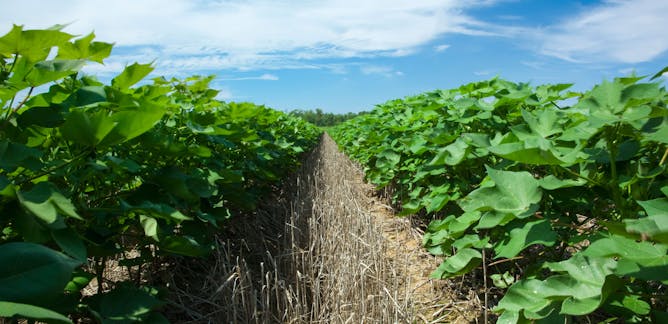
Sacha Mooney, University of Nottingham; Hannah Victoria Cooper, University of Nottingham; Sofie Sjogersten, University of Nottingham
Le fait de forer au lieu de labourer le sol pour planter des graines pourrait aider le sol à stocker davantage de carbone.
|
|
|
| |
Featured events
|

|
MS Teams, Western Cape, 7600, South Africa — Stellenbosch University
|
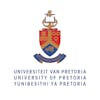
|
Zoom, online, Zoom, online, Gauteng, Zoom, online, South Africa — University of Pretoria
|

|
Virtual/Online, Hatfield, Gauteng, 0083, South Africa — University of Pretoria
|

|
Lynwood Road, Hatfield, Pretoria, Gauteng, 0002, South Africa — University of Pretoria
|
|
|
|
| |
| |
| |
Would you like to republish any of these articles?
|
|
It’s free to republish, here are the guidelines.
Contact us on africa-republish@theconversation.com in case you need assistance.
|
| |
| |
| |
| |
|
|
|
|
|
|
|